US and UK government sources have briefed that the G7 will demonstrate that “the West ain’t over just yet”. The optics are bound to be promising. For the US it’ll give a chance to prove that ‘America is back’, while for the UK it’ll help to give a boost to its ‘Global Britain’ strategy, writes Asad Mirza
The upcoming G7 Summit in Cornwall, UK from June 11 to 13 is perhaps the first international event, in the backdrop of the continuing Covid pandemic, when the leaders from the world’s wealthiest countries — the US, Japan, Germany, the UK, France, Italy and Canada — will be meeting with leaders from India, Australia, South Africa and South Korea face to face for the first time in the last one-and-a-half year.
The leaders from the most advanced nations of the G7 meet regularly to try to determine the course the world will follow, with their own interests taking a backseat.
Expectations from the summit
There is a lot of optimism ahead of the gathering in Cornwall. US and UK government sources have briefed that the G7 will demonstrate that “the West ain’t over just yet”. The optics are bound to be promising. For the US it’ll give a chance to prove that ‘America is back’, while for the UK it’ll help to give a boost to its ‘Global Britain’ strategy.
On the agenda are the autocratic challenge from Russia and China, climate change, the global vaccine rollout and trade. In addition Myanmar, Indian democracy and its minorities, instability in Sahel region, Israel-Palestinian conflict and change of guard in Israel are also expected to occupy the agenda.
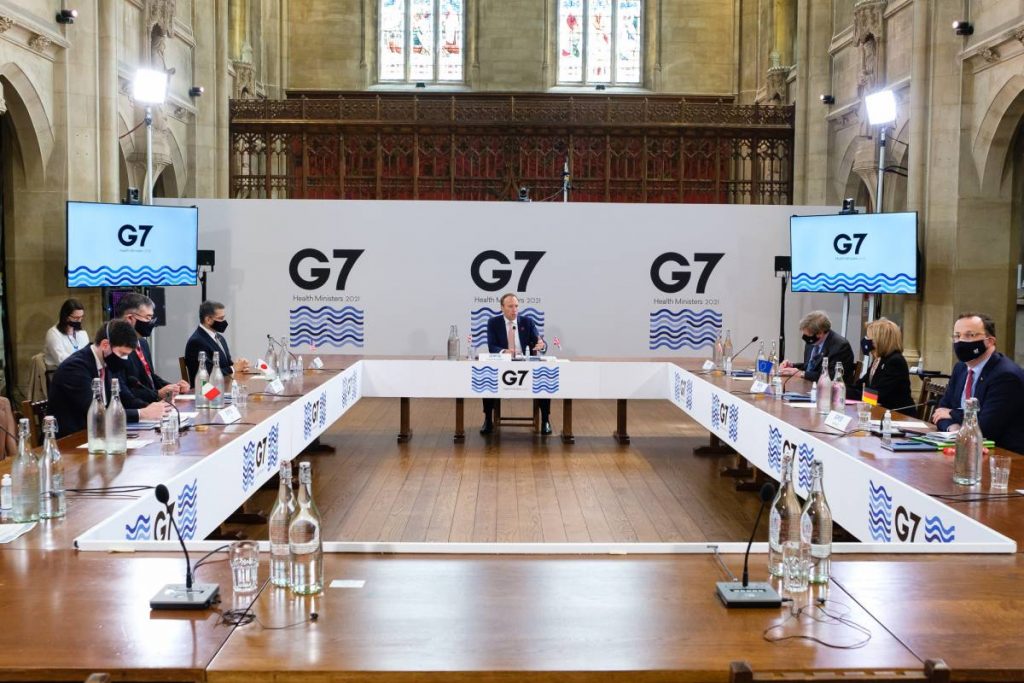
A move, spearheaded by US President Joe Biden, to set a minimum global corporate tax rate to help states reclaim resources lost to tax havens seems promising. Also the British proposal to transform the G7 into a “D10” of democracies has been achieved, the participation of guests from India, Australia, South Korea and South Africa will reinforce a sense that the West is open to alliance-building again.
Meanwhile, the G7 finance ministers reached a “historic” deal on taxing multinational companies, last week in London. They agreed to counter tax avoidance through measures to make companies pay in the countries where they do business., besides ratifying a global minimum corporate tax rate to counter the possibility of countries undercutting each other to attract investments. UK Chancellor Rishi Sunak described these as “seismic tax reforms” and said that it will help create a fairer tax system fit for the 21st century.
Preparations for the summit
The foreign ministers from D-10 met face-to-face for the first time in two years in May earlier, following a coronavirus-extended pause, to prepare for the summit and in the communique issued after the meeting listed 82 points which will try to grab the attention of G7 or D10 leaders. In addition the issues discussed were NATO’s withdrawal from Afghanistan, Iran, China and the threat posed by Russia.
Meanwhile, Britain’s Foreign Office has said a key part of the June summit will be plans to boost girls’ education and women’s employment after the Covid pandemic would be a key topic.
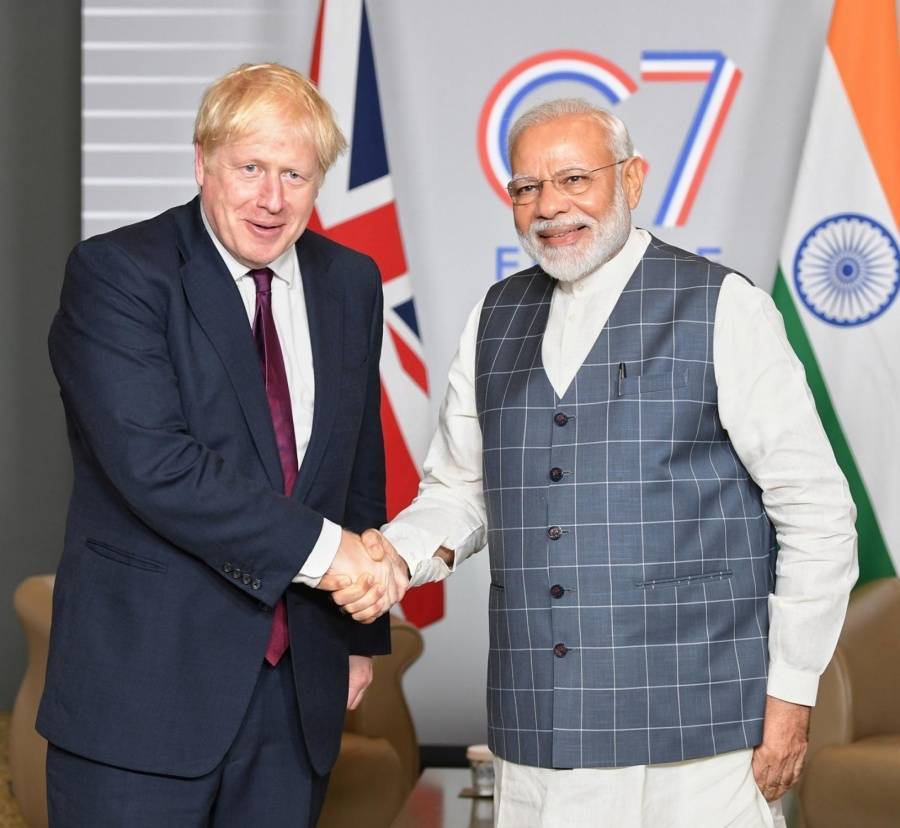
G7 nations are expected to sign up to new global targets that aim to get 40 million more girls into school in low and lower-middle-income countries by 2026. The aims also include getting 20 million more girls reading by the age of 10. The countries are setting up a $15-billion fund, to be administered by developing countries over the next two years.
ALSO READ: G7 inks pact to make tech giants pay fair taxes
However, the trade unionists and the wider environment movement in the UK have sounded the bugle against G7’s inability to take any concerted action on climate change. In a statement they asserted that the vaccine apartheid response to the Covid threat might be replicated in their approach to the climate crisis.
They further assert that if the world’s wealthiest countries continue to move too slowly to curb their own carbon emissions, continue to invest in and boost fossil fuel energy and production, fail to make a just transition at home while denying the global South the resources it needs to deal with climate impacts, their pretensions to “global leadership” will fail the test.
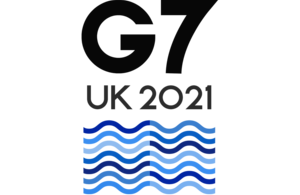
A $100 billion a year transfer to the developing world to make transition possible was pledged at Copenhagen and built into the Paris Agreement to be met by 2020. But it has not been done.
They further assert that this commitment is a tiny fraction of the $3.8 trillion that global banks have invested in fossil fuels since the Paris Agreement, and less than a tenth of the combined G7 military budget of $1,043bn last year.
Post-summit scenario
British Prime Minister Boris Johnson plans to use the G7 Summit to increase cooperation between the world’s democratic and technologically advanced nations. Between them, the 10 leaders represent more than 60 per cent of the people living in democracies around the world.
The UK will also host several meetings throughout the year between government ministers from the G7, both virtually and in different locations across Britain. These meetings will cover economic, environmental, health, trade, technology, development and foreign policy issues.
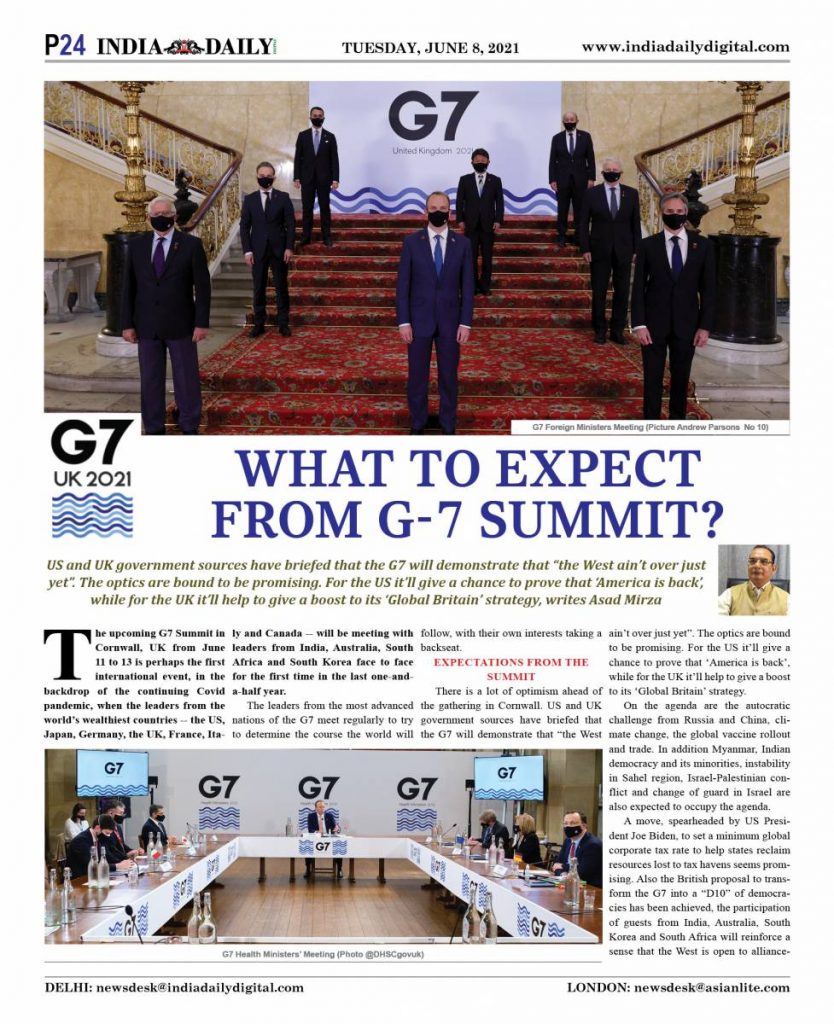
Observers are of the view that post-summit the western world may be transformed into one where it may lose its supremacy and China may pull ahead of the West technologically and economically, secondly the West could reassert itself by investing in green industries to renew its economies and societies in the backdrop of the lessons learnt from the Covid pandemic and thus China might be neutralised, thirdly a more Eurasian Europe may emerge, due to the eclipse of both the US and UK and it’ll be drawn towards Asia’s growing economic influence.
For India, the summit offers a chance to further reinforce its relationship with the UK by signing a trade treaty and for Mr Modi to establish a rapport with Biden to ensure a fruitful bilateral relationship, and to some extent this seems possible.
(Asad Mirza is a political commentator based in New Delhi. He writes on Muslims, educational, international affairs, interfaith and current affairs. Email: asad.mirza.nd@gmail.com)
ALSO READ: G7: Boris to set end-2022 target to vaccinate world
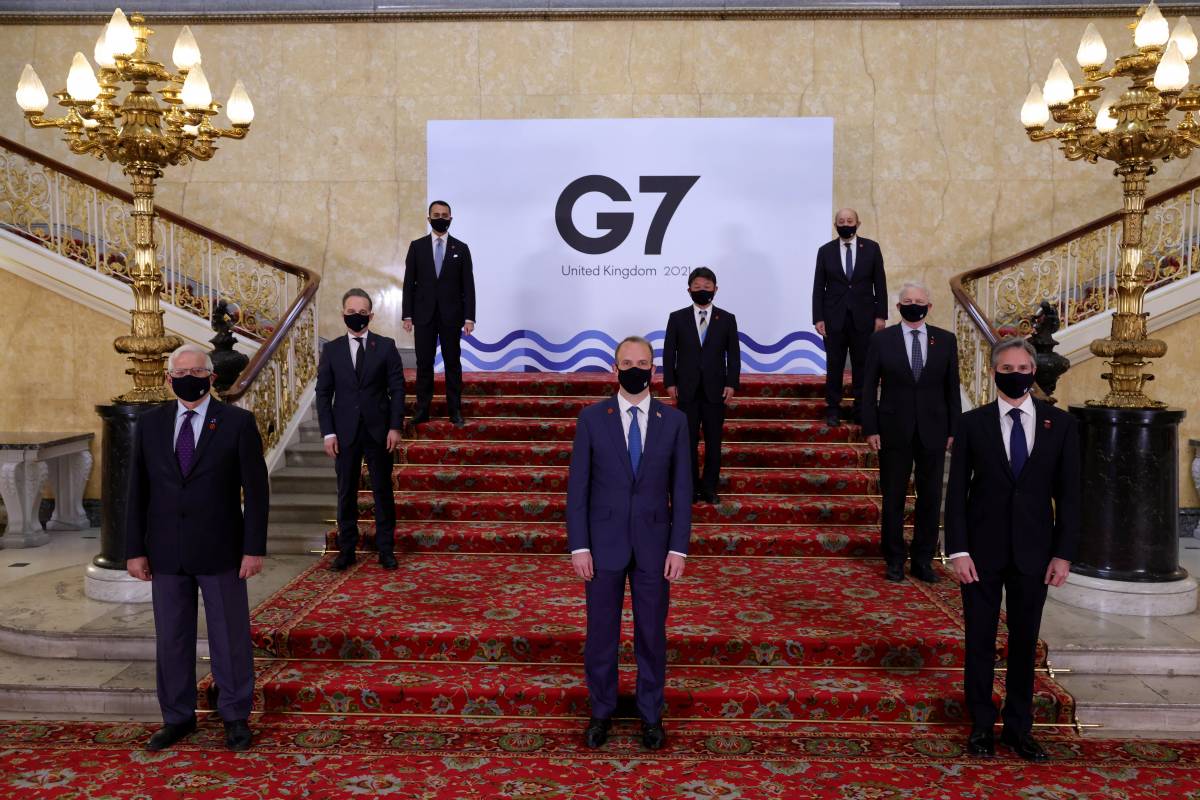
Leave a Reply